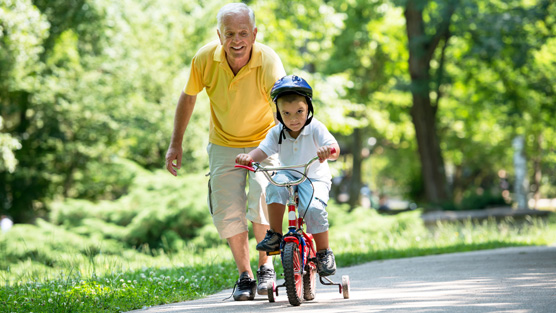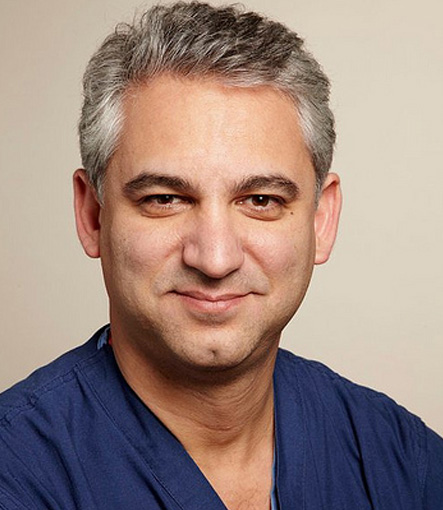Making Lifestyle Changes After Prostate Cancer
For some individuals, a diagnosis of prostate cancer can help them to focus on aspects of their health in ways they may have never considered in the past. Following their treatment many prostate cancer survivors worry about the possibility of their cancer returning, and place an emphasis on reducing their risk of recurrence. This presents an opportunity to re-evaluate your current lifestyle to start making choice towards improving your diet and increasing your physical activity. Making these changes now can help you to live a happier and healthier life.
Changing your diet
Maintaining proper nutrition can be difficult especially during and after prostate cancer treatment. Treatment for prostate cancer tends to make patients nauseous, affect their sense of taste, reduce interest in eating and may result in unexpected weight gain that can be difficult to lose. Choosing a diet which is rich in fruits, vegetables, lean protein and other foods low in fat are beneficial in helping cancer survivors to regain much of their strength following treatment. The same foods such as fruits and vegetables that help to prevent prostate cancer are also the same foods that can prevent the chance of a recurrence. Nutritious eating habits can also help reduce your risk of developing other diseases such as heart disease and high blood pressure.
Physical Activity After Prostate Cancer
A noticeable decline in your fitness level and muscular strength is common following treatment. Past studies have shown that being physically active both during and after prostate cancer treatment has a number of important health benefits. Before starting any physical regimen you should consult with your doctor first to look at all of your options. Health benefits of regular physical activity include:
- Improved cardiovascular health
- Increased muscular strength
- Reduced anxiety and depression
- Reduced fatigue
- Improved energy levels
- Maintaining a healthy weight
Making simple changes in your lifestyle post treatment such as increasing the variety of healthy foods in your diet, and engaging in regular physical activity can have longlasting benefits. You should also maintain regular contact with your doctor to monitor any signs of recurrence and help in managing any long term side effects of treatment. Being healthy and staying healthy starts with you so start making those changes today.






